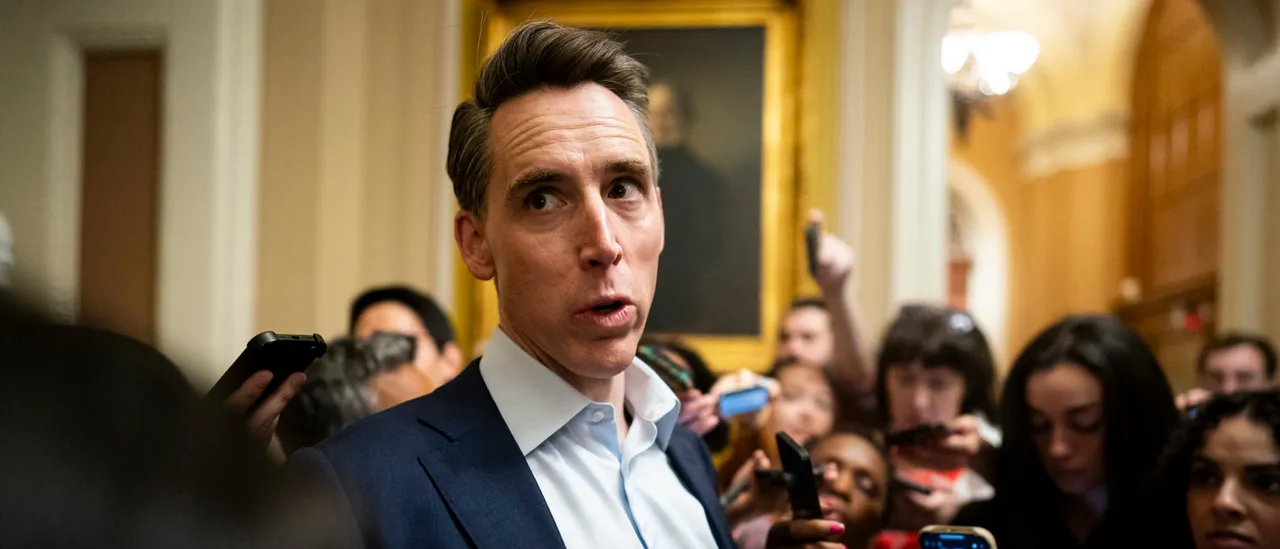In a rare display of bipartisan collaboration, a significant piece of legislation aimed at restricting stock trading ban for members of Congress, the President, and the Vice President has successfully advanced through a key Senate committee. This unexpected alliance signals a growing momentum for political reform and enhanced accountability within the nation’s capital, despite facing considerable opposition from many within the Republican ranks.
The bill’s passage out of the Senate Homeland Security and Governmental Affairs Committee, with a decisive 8-7 vote, was notably propelled by Republican Missouri Senator Josh Hawley, who aligned himself with Senate Democrats. Senator Hawley vocalized a strong public mandate for this type of bipartisan legislation, citing overwhelming support among Americans who believe lawmakers should not profit from insider information gained through their positions.
However, the proposed restrictions met fierce objections from the majority of Senate Republicans on the panel. These dissenting voices argued that the measure unfairly targeted successful individuals and encroached upon the executive authority, particularly in relation to the current administration, even with specific exemptions being included within the legislation.
A prominent critic, Republican Florida Senator Rick Scott, expressed profound disapproval during the debate, characterizing the effort as “disgusting” and an “attack against the president, an attack against the vice president.” Scott’s argument underscored a broader philosophical divide concerning wealth and public service, emphasizing that the focus should not be on penalizing financial success.
Republican Ohio Senator Bernie Moreno, while supportive of a stock trading ban in principle, shared concerns about the procedural aspects of the committee hearing, labeling it a “circus.” Moreno highlighted public sentiment regarding perceived abuses of power, noting that people are often frustrated by politicians who appear to monetize their public offices, leading to a demand for greater government transparency.
On the Democratic side, Michigan Senator Gary Peters, the leading Democrat on the committee, lauded the opportunity for bipartisan legislation, acknowledging the progress made through working collaboratively with Senator Hawley. This cooperation demonstrates a potential path forward on contentious issues when shared objectives can be identified.
Another Democratic voice, Michigan Senator Elissa Slotkin, demonstrated pragmatism regarding the bill’s exemptions for the current administration. She articulated a willingness to support “good work” in the present, rather than waiting for “perfect” legislation, indicating the complexities and compromises inherent in crafting significant public policy.
This legislative push for a stock trading ban underscores a persistent public demand for heightened congressional ethics and accountability. The divergent reactions among lawmakers reveal the intricate challenges of enacting reforms that balance public trust with the perceived rights and roles of elected officials, marking a crucial moment in the ongoing discourse about political reform.






Leave a Reply